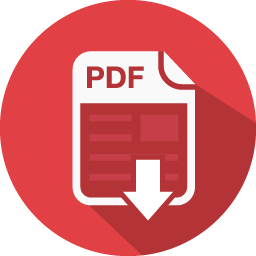
Tracey Bretag‘s Keynote speech about the need to be consistent, transparent and compassionate.
Speech at 4th international conference Plagiarism across Europe and Beyond 2018 (9th-11th May 2018, Ephesus, Turkey).
Video link: https://www.youtube.com/watch?v=Kgic7su2quU
Length: 75 minutes
Abstract:
Academic integrity means acting with the values of honesty, trust, fairness, respect, responsibility and courage in learning, teaching and research. It is important for students, teachers, researchers and administrative staff to act in an honest way, be responsible for their actions, and show fairness in every part of their work. All students and staff should be an example to others of how to act with integrity in their study and work. Academic integrity is important for an individual’s and a school’s reputation. (adapted from Exemplary Academic Integrity Project, n.d.)
A breach of academic integrity can be defined as any behaviour which undermines the values, norms and practices of academic integrity. Breaches include, but are not limited to plagiarism, cheating in exams or assignments, impersonation in exams, collusion, theft of another student’s work, sabotage of another student’s learning/assessment, paying a third party for assignments (‘contract cheating’), downloading whole, or part of assignments from the Internet/file-sharing sites, falsification of data, misrepresentation of records, and fraudulent research and publishing practices.
Tracey Bretag will discuss the critical role of assessment, the student/teacher relationship and the teaching and learning environment more broadly, as part of a holistic approach to safeguarding academic integrity and minimising opportunities for students to cheat. However, when cheating does occur, Dr Bretag will underscore the imperative for academic integrity breach decision-makers to use approaches which are consistent and transparent, as well as compassionate.
Dr Bretag will remind delegates that students are often young or inexperienced people who have simply made a careless mistake. Our students look to us as their educators and role models for guidance in how to move beyond that mistake so that they can graduate as ethical contributors to society.
Reference:
Exemplary Academic Integrity Project (n.d.) www.unisa.edu.au/EAIP
